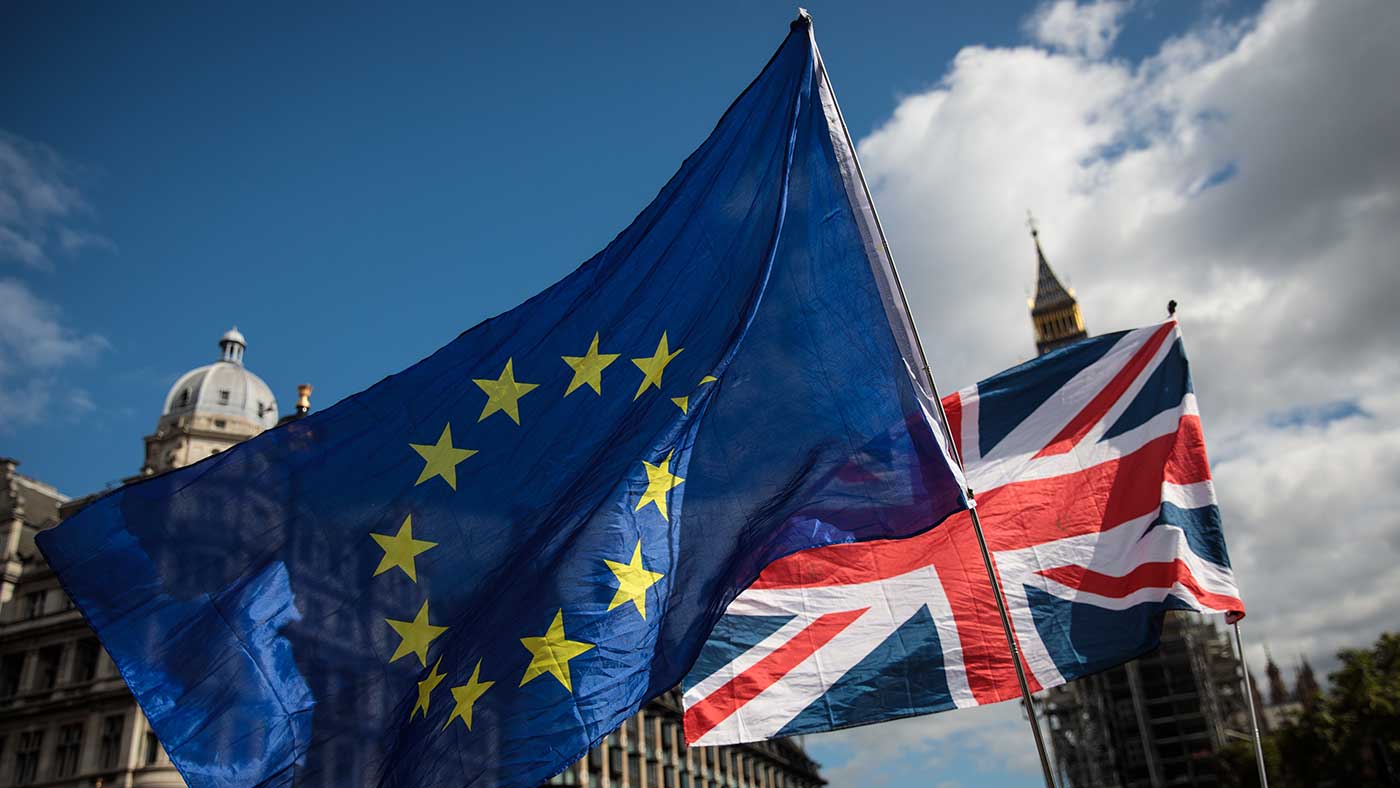Why do Brits in the EU fear being used as bargaining chips?
Campaigners say they feel ‘massively downgraded’ as Brexit looms

A free daily email with the biggest news stories of the day – and the best features from TheWeek.com
You are now subscribed
Your newsletter sign-up was successful
British citizens in the EU have asked that they are not used as “a bargaining chip for the second time” in forthcoming Brexit trade talks.
In a letter to the EU’s chief Brexit negotiator, Michel Barnier, two campaign groups have said they worry they are being “massively downgraded” and that they fear they will be used by Brussels as leverage.
“Our remaining rights should not be deferred once again,” said the joint letter, signed by Jane Golding, the co-chair of British in Europe and Nicolas Hatton, the co-founder of the3million.
The Week
Escape your echo chamber. Get the facts behind the news, plus analysis from multiple perspectives.

Sign up for The Week's Free Newsletters
From our morning news briefing to a weekly Good News Newsletter, get the best of The Week delivered directly to your inbox.
From our morning news briefing to a weekly Good News Newsletter, get the best of The Week delivered directly to your inbox.
“They should not be bargained against, made dependent on or packaged within other negotiation issues. We must not be made bargaining chips a second time.”
Their anxiety has been heightened because the issue of their continued right to move and work across Europe was not resolved in the withdrawal agreement, which will be formally ratified this week.
Instead, that important can was kicked into the second phase of negotiations because the UK wanted to end uncontrolled migration to Britain.
British citizens in the EU feel vulnerable in those negotiations because free-movement talks have no consequence for EU citizens already in the UK as they have the birthright, as citizens of a member state, to continue to live or work wherever they like in the EU.
A free daily email with the biggest news stories of the day – and the best features from TheWeek.com
However, British nationals in the EU, as citizens of a third country after Brexit has gone through this Friday, will not enjoy that right.
Many argue that they moved to another member state in good faith under the rules of the EU and those who moved to the continent before the end of the transition period should retain those rights.
Some pro-Brexit British nationals living in Spain have previously told Channel 4 News they now regret voting Leave as they face such an uncertain future in the EU after Brexit.
“I know it might be selfish but I think on reflection now we'd probably vote, if we had a referendum, the other way now,” said one.
Asked if he felt he had “shot himself in the foot,” he replied: “We might have done, we may very well have done.”
–––––––––––––––––––––––––––––––For a round-up of the most important stories from around the world - and a concise, refreshing and balanced take on the week’s news agenda - try The Week magazine. Start your trial subscription today –––––––––––––––––––––––––––––––